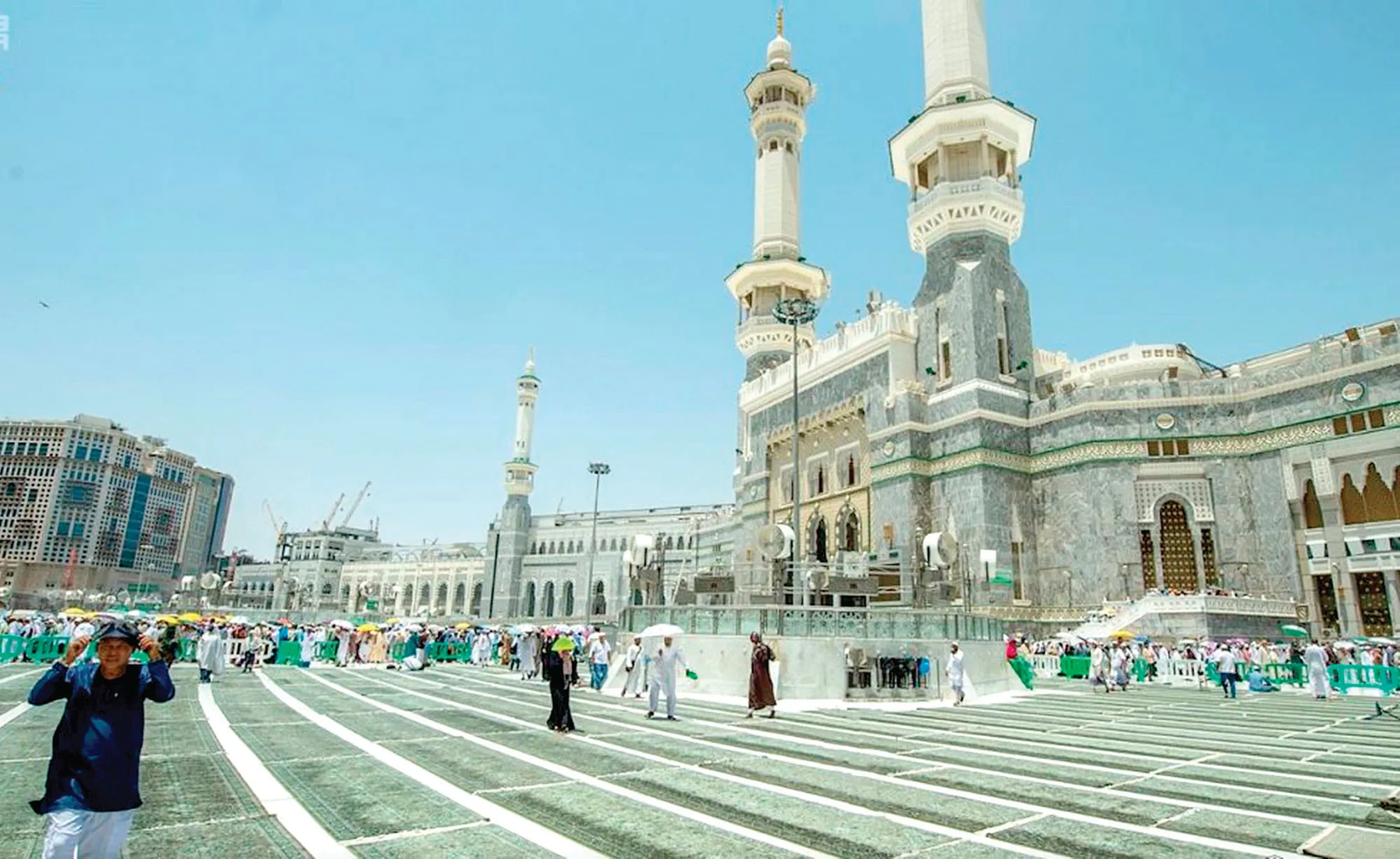He took buckets on his two shoulders, always riding his donkey without the saddle, rarely laughing, and never joking with anyone. He owned one shirt and one mantle only, both conspicuous for their patchwork, slept on a bed of palm leaves and had no concern other than the maintenance of the purity of the faith, the upholding of justice, and the ascendancy of Islam.
Whip in hand, he’d perambulate the streets and markets of Medina, ready to punish slanders on the spot; and so the proverb, — ‘his whip is more terrible than another’s sword.’ He’s famous for his covert night tours of the city to know the secret life of his domain.
A Persian satrap, who paid his homage to the conqueror, found him asleep among the beggars on the steps of the mosque of Muslims. About him, Gandhi said, “The best thing to happen to India would be to be reigned by a ruler as just and upright as he”.
The famous author, Gibbon wrote, “His food consisted of barley bread or dates; his drink was water; he preached in a gown that’s torn in twelve places. According to William Muir, ‘simplicity and duty were his guiding principles; impartiality and devotion were the leading features of his administration.
Responsibility so weighed upon him that he’s heard to exclaim, ‘O, that my mother hadn’t born me; would that I’d been this stalk of grass instead!’ William Mart regarded him as the 52nd most influential figure in history. Prophet Mohammed (SAW) said that if God had wished to give another prophet to the world, His choice would have fallen upon him.
One of the most powerful and influential Muslim political geniuses in history, and best known for piety and justice, this companion of the Prophet Muhammad (SAW), earned the title ‘Al-Faruq’. Omar(RA), the founder of Fiqh, the Islamic jurisprudence, was also responsible for establishing Bayt al-mal, a financial institution.
During his reign Levant, Egypt, Cyrenaica, Tripolitania, Fezzan, Eastern Anatolia, Bactria, Persia, Azerbaijan, Armenia, Caucasus, and Makran were annexed to the Islamic empire.
More than 4050 cities were captured during these military conquests. At his death, his rule extended from present-day Libya in the west to the Indus River in the east and the Oxus River in the north.
As a ruler, his vision was to ensure that everyone in his kingdom should sleep on a full stomach. ‘If a dog dies hungry on the banks of the River Euphrates, Omar will be responsible for dereliction of duty.
On a Friday noon, Omar, the Caliph, arrived at the Masjid-e-Nabavi to deliver his address to the waiting congregation. His inimitable voice ran and re-rang in the masjid. The spell-bound audience listened with supreme veneration. He next addressed those present saying ‘now listen to my friends……..’He could hardly complete his sentence when a young man cried out.
‘We won’t listen to you; we won’t obey you until you give the explanation you owe to us.’ The entire assemblage startled at this audacious interference and looked in amazement to the caliph and to the rebellious speaker. The caliph paused for a moment and then said in a gentle voice, ‘Explanation, friend! What explanation?’
The man said, ’the other day all of us obtained a piece of cloth each from the Bayt al-mal and the caliph himself obtained nothing more than what we did. But today I found two pieces of cloth on the person of the caliph. We want to know what right the caliph has for approaching more than what falls to his share.’
The caliph was going to answer when his son Abdullah rose and said, ‘friend, you’re wrong in your conclusion. My father’s not guilty of misappropriation. As you know I obtained a piece of cloth along with you the other day and I’ve given that for my father’s use. You see he’s so tall and one share doesn’t suffice him.’
On hearing this, the man looked at Omar and said, ‘All right, now you may go and we’ll listen to your address.’ But the caliph didn’t resume his address immediately. Instead, he looked at the audience and said,’ What if, one day I actually and knowingly deviate from the truth?’’
The caliph could hardly finish when one among the audience sprang to his feet, drew his scimitar from the scabbard and brandished it aloft, and replied,’ Then I’ll sever your head with this.’
The audience was almost stupefied. For this ruthless challenge was hurled into the face of that man whose integrity was beyond doubt and whose dauntless prowess humbled the pride of the mightiest empires of the age.
A deep silence prevailed in the masjid, the very beatings of hearts appeared to have been stopped; only the bright scimitar glistened in the air. The redoubtable caliph thundered out, ‘Man, do you know with whom you’re talking.’ Promptly came the fearless reply, ‘yes, I know, I’m talking to Omar, the Commander of the faithful.’
The audience looked up at the caliph, but only to find his broad face lit up with a gentle smile of deep contentment and gratification. He raised his hands towards heaven and said in a voice almost choked with gratitude.’
Great Allah, I offer you my deep thanks that there’s no dearth of men among us who lift the sword even upon the head of Omar for protecting the dignity of Truth.’
Disclaimer: The views and opinions expressed in this article are the personal opinions of the author.
The facts, analysis, assumptions and perspective appearing in the article do not reflect the views of GK






